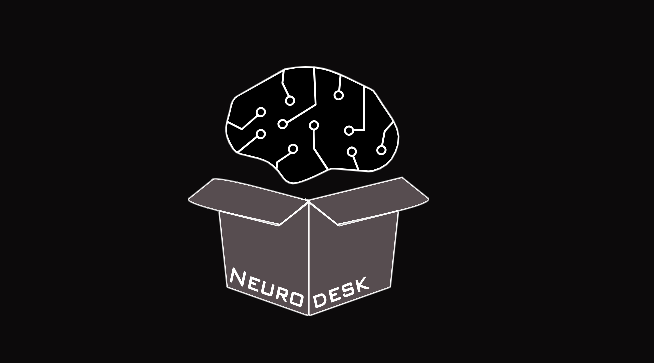Aussie-led international team develop groundbreaking new platform to fast-track lifesaving brain research

The Neurodesk platform will enable scientists to accelerate research on conditions by enabling faster processing and analysis of neuroimaging data.
In summary
- An international team led by Australian researchers has developed a groundbreaking platform that will transform neuroimaging data analysis worldwide.
- Neurodesk will enable scientists to accelerate research on conditions by enabling faster processing and analysis of neuroimaging data.
- Brain research requires the analysis of massively detailed data sets generated by increasingly powerful techniques.
An international team led by Australian researchers has developed a groundbreaking platform that will transform neuroimaging data analysis worldwide. The Neurodesk platform will enable scientists to accelerate research on conditions such as epilepsy, dementia, schizophrenia and traumatic brain injury by enabling faster processing and analysis of neuroimaging data.
Brain research requires the analysis of massively detailed data sets generated by increasingly powerful techniques to measure brain structure and function such as MRI, MEG and EEG.
Led by Swinburne University of Technology, University of Queensland, and University of Sydney, Neurodesk addresses the analysis challenges presented by these data sets through an open source platform that can be installed and operated anywhere.
“Our platform makes a continuously expanding range of cutting-edge analytic techniques and software accessible to researchers across the world,” says Swinburne project lead and Director of Neuroimaging Professor Tom Johnstone.
“It allows researchers to leverage the most powerful supercomputers and cloud platforms on an individual researcher’s laptop, and is easy to install and update.”
Creating Neurodesk required an international team with expertise across signal and image processing, medical physics, software engineering, AI and machine learning. The open source Neurodesk platform is designed to support transparent and reproducible research, so that scientists can share and cross-validate their analyses and accelerate research in critical areas.
Neurodesk is supported by the Australian Research Data Commons (ARDC), the Australian National Imaging Facility and the Australian Brain Alliance with international partners including Harvard, MIT, and University College London.
With extra funding, the team is looking to broaden its scope to other neuroimaging methods and applications that will fast track the process of diagnosis and treatment for brain related illnesses.
-
Media Enquiries
Related articles
-

- Student News
- Science
- Sustainability
Introducing tomorrow’s global science communicators
Start Talking is Swinburne’s unique video-based public speaking competition, exclusively for undergraduate students
Monday 08 December 2025 -

- Astronomy
- Technology
- Health
- Science
- University
- Sustainability
- Engineering
Swinburne highly cited researchers reach the top in 12 fields
Ten Swinburne academics have been named on the Highly Cited Researchers 2025 list, released by Clarivate
Tuesday 02 December 2025 -

- Science
- Engineering
Swinburne secures grant to advance next-generation metamaterials research
Swinburne physicist Dr Weibai Li has received a Discovery Early Career Researcher Award from the Australian Research Council
Tuesday 02 December 2025 -

- Technology
- Health
- Science
- University
$1.2m ARC funding to boost national X-ray spectroscopy capability through Swinburne and QUT partnership
Swinburne has secured $1.2 million in the latest Australian Research Council Linkage Infrastructure, Equipment and Facilities scheme round
Tuesday 02 December 2025 -

- Astronomy
- Technology
- Science
- Engineering
Meet Swinburne’s Roo-ver Mission team
Roo-ver will be Australia's first lunar rover, and it’s being designed, built and tested in Australia. Swinburne is playing a key role in the design and construction of Roo-ver, through its involvement in the ELO2 Consortium.
Wednesday 26 November 2025

